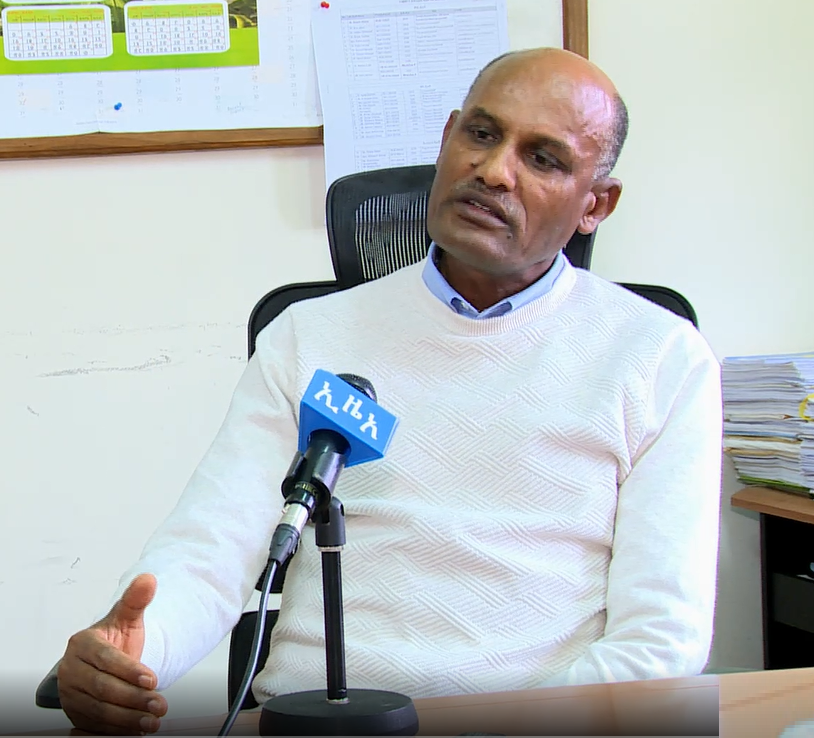Ethiopia on Right Track in Wheat Production, Food Self Sufficiency: CIMMYT Country Director - ENA English
Ethiopia on Right Track in Wheat Production, Food Self Sufficiency: CIMMYT Country Director

Addis Ababa April 20/2022 /ENA/ Ethiopia is on the right track in ensuring food self-sufficiency by producing wheat through irrigation, according to the International Maize and Wheat Improvement Center (CIMMYT).
International Maize and Wheat Improvement Center (CIMMYT) Country Director, Bekele Abeyo told ENA that Ethiopia has been aggressively working to replace wheat import with local production by prioritizing wheat cluster and irrigation farming.
He believes that if the country expands irrigation and increases productivity, it can become self-sufficient in the shortest time possible.
“Ethiopia has a good potential for wheat production, especially in the low lowland areas where the big rivers are running throughout the year. Farmers can use irrigation as a system and produce more wheat; and this was initiated three years back,” Bekele noted.
The country director stressed that there is a big chance for the country to become self-sufficient and reduce import soon if it utilizes its potential, he added.
According to him, the main objective of the center is to generate new technologies, including improved varieties, and improve the livelihood of farmers.
So far, most varieties of wheat in Ethiopia (about 70 percent) were released by CIMMYT and over 80 percent of all farmers that adopted wheat recently obtained it from the center.
As a result of the contribution of CIMMYT, the national wheat average yield has jumped from 2.71 tones per hectare to 3.04 at present, the country director said.
“We expect the average yield for irrigated wheat production to be four tones, and the rain-fed agriculture has also shown growth in some model farmers who harvested 6-7 tons. So there is a big gap to improve the productivity of wheat under rain-fed as well as irrigated conditions.”
Since the center its opening in 1987, it has been working closely with the Government of Ethiopia through different projects. And now, the work is expanding, Bekele stated.
“We have tried to reach thousands of farmers through improved varieties, but we can’t say we have reached most of the wheat producers. There are about five million households which produce wheat, but through different projects we have reached 100,000 farmers so far.”
Mechanization is also very important for Ethiopian farmers, the country director pointed out, adding that many farmers are using subsistence methods which require more seed. “That is why we are not reaching so many farmers.”
Ethiopia is doing well so far using rain fed agriculture, but productivity of irrigated wheat has to increase and cultivated areas need to increase, according to the country director.
The federal government launched an initiative to develop irrigation-based wheat in lowland areas of Afar, Oromia, and Southern Nations Nationalities and Peoples regions to change the existing dependence on rain-fed production of cereals three years ago.
Since then, extensive summer wheat farming activities have been undertaken across the nation with a view to substituting imported wheat and ensuring food self-sufficiency.
Ethiopia has been importing 17 million quintals of wheat in a year and is currently exerting efforts to fully stop wheat importation within three to five years.